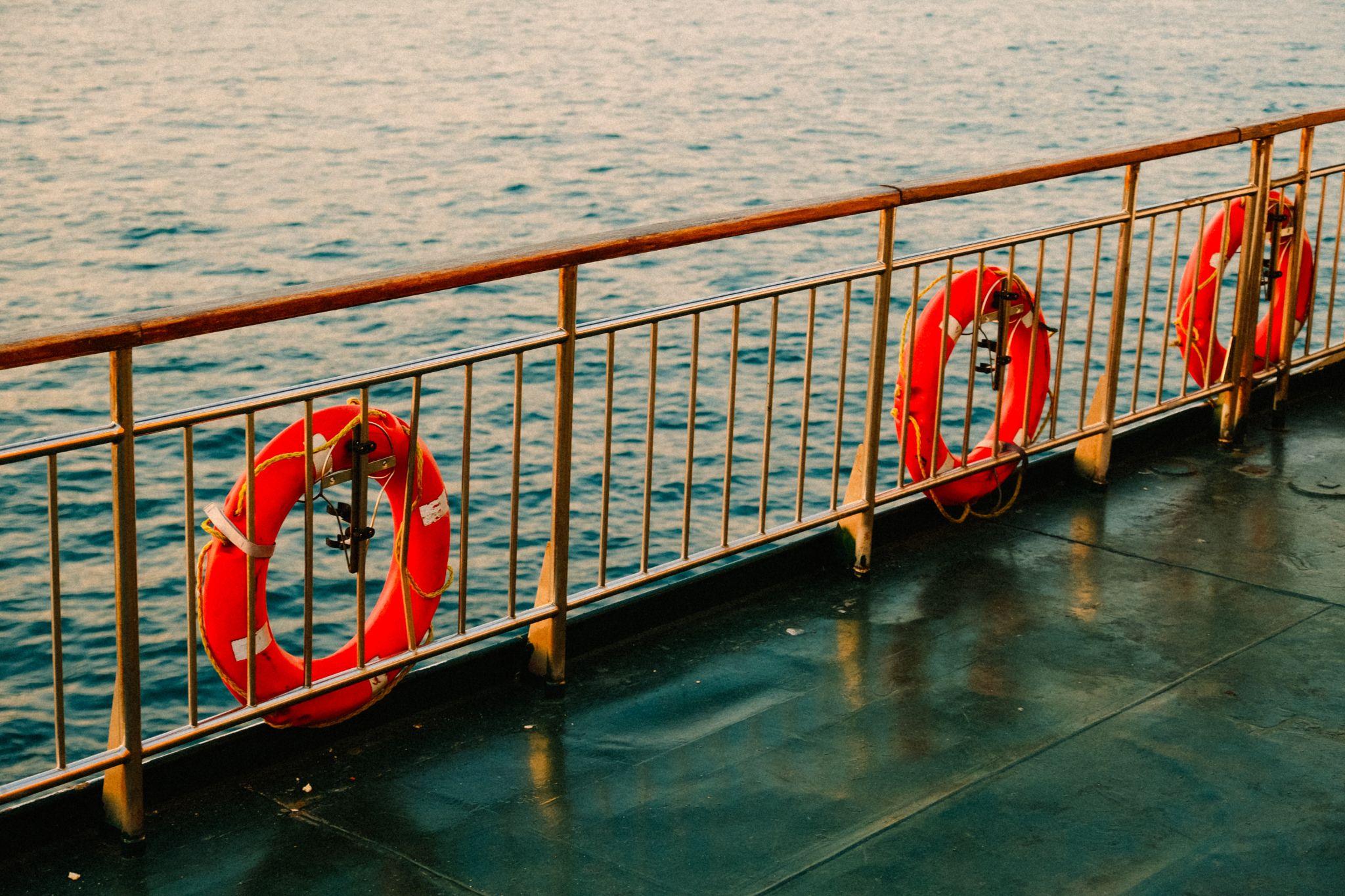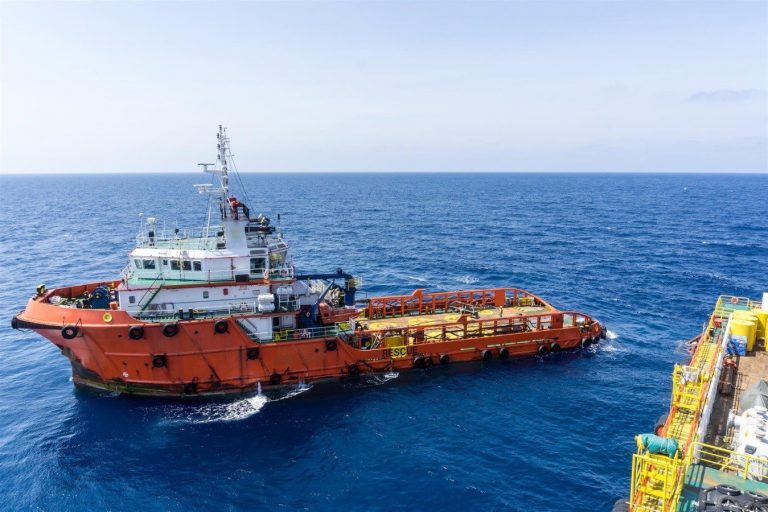When maritime workers are injured at sea, shipowners have a duty to provide prompt and adequate medical care. If a vessel’s medical team does not have adequate equipment to deal with an injury, or care is not provided in a timely manner, shipowners might be found negligent under the Jones Act.
When Do the Jones Act and Medical Care on a Vessel Intersect?
The Jones Act can provide compensation for injured maritime workers if they meet certain criteria to qualify as a “seaman” and negligence by the shipowner contributed to their injuries or illness. Failing to provide prompt and adequate medical care to injured seamen would be considered a form of negligence under the law. A Jones Act lawyer can help you determine if you are eligible.
You might receive compensation under the Jones Act if your employer or ship owner does not provide:
- Properly trained medical staff. Depending on the number of crew members, a ship is required to carry a medic, nurse, or doctor to treat injuries that happen at sea. If you were mis-diagnosed or the actions of the medical staff made your injury worse, you may have a claim to additional compensation.
- Adequate medical supplies for common injuries or illnesses. All vessels should carry medications and medical equipment to address the types of injuries that are common on board that type of vessel. Failure to stock and maintain adequate Jones Act medical equipment may make the shipowner liable for untreated injuries as well as pain and suffering.
- Standard and reasonable emergency response training for crew. A shipowner would reasonably expect that workers may be injured miles from the nearest medical center, and all crew members should be trained in basic first aid, how to respond to medical emergencies, and how to safely transport an injured person.
- Emergency evacuation to shore. The ship’s medical officer and/or the captain must make appropriate decisions regarding emergency transport to shore, including consulting with the Coast Guard and on shore medical experts to determine if an airlift or emergency transport is reasonable and necessary.
Does the Jones Act Apply to Your Injury at Sea?
If you were injured or became ill while working on a vessel, oil rig, or drilling platform, the Jones Act might apply to your case. If so, you would be eligible for more compensation than the company insurance adjuster is likely to offer you. Meeting with a maritime injury lawyer before you sign away your rights to file a lawsuit will help you make the most informed decision possible.
In general, you and your attorney will need to be able to prove that:
- You became injured or ill while working in service of a vessel at sea.
- The shipowner failed in their duty to provide prompt and adequate medical care for your injury or illness.
- Because of inadequate medical care, training, or equipment, your condition was made worse.
Connecting with a Trusted Maritime Law Firm
A serious injury or illness at sea can plague you for a lifetime, limit your earning potential, and cause untold pain and suffering for you and your family. If your injuries were made worse by delayed or inadequate medical care, or other negligence by the shipowner, you deserve fair and full compensation.

The maritime law firm of Maintenance and Cure has helped thousands of injured maritime workers receive compensation under the Jones Act or other aspects of maritime law. An experienced Jones Act lawyer can help you gather evidence to support your claim and protect your rights throughout the process. Contact us today for a free case evaluation and make the best decision for a healthy future.







